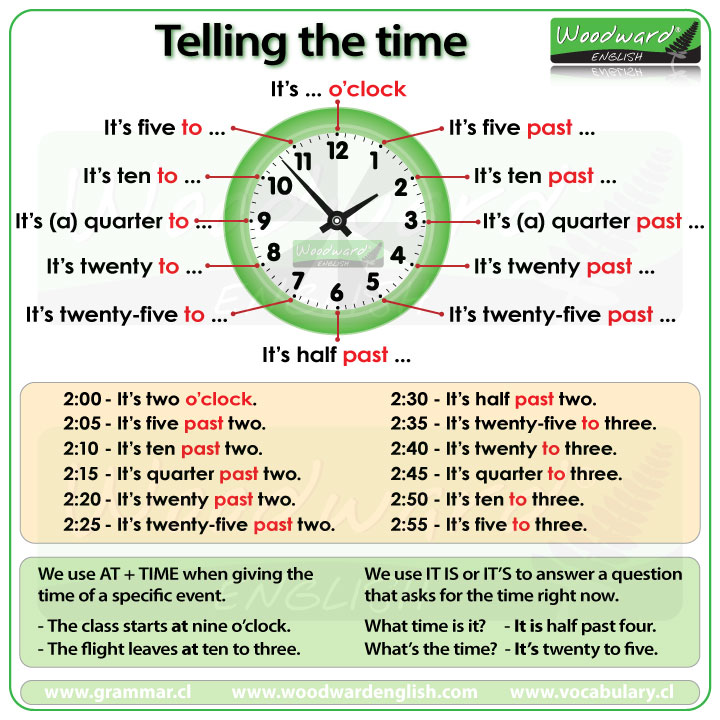Podemos hablar en futuro usando "going to", para hablar sobre planes. Para ello, necesitamos el verbo "to be":
Sujeto + To be + Going to + Infinitive
Affirmative
|
Negative
|
Interrogative
|
I am going to play
You are going to play
He is going to play
She is going to play
It is going to play
We are going to play
You are going to play
They are going to play
|
I’m not going to play
You aren’t going to play
He isn’t going to play
She isn’t going to play
It isn’t going to play
We aren’t going to play
You aren’t going to play
They aren’t going to play
|
Am I going
to play?
Are you
going to play?
Is he going
to play?
Is she going
to play?
Is it going
to play?
Are we
going to play?
Are you
going to play?
Are they
going to play?
|
Por ejemplo:
- He is going to be a teacher.
- You aren't going to go to the birthday party.
- Is he going to study? Yes, he is / No, he isn't.
Aquí tenéis algunos ejercicios para practicar:
